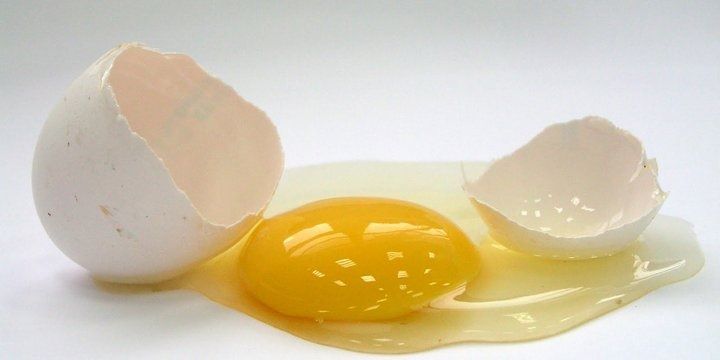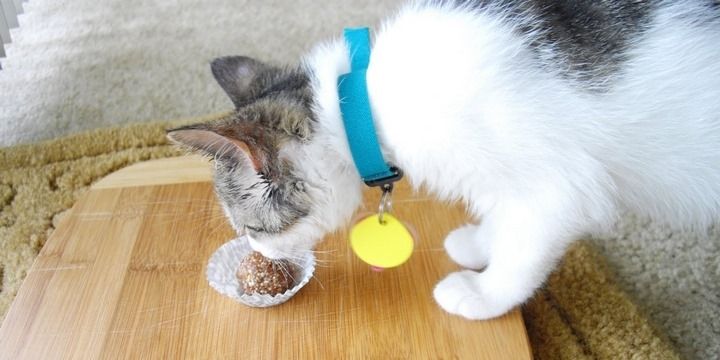3. Garlic
Garlic belongs to the onion family and is also poisonous to cats. It is more dangerous than onions because of the concentration of the toxins. So be cautious and read the ingredient list every time before you decide to give some new food to your pet.

4. Raw Eggs
Even humans should not consume raw eggs unless there is a guarantee they do not contain any kind of bacteria. Cats are also sensitive to this food. Besides the extremely high risk of getting salmonella and E.coli, eggs contain avidin. This substance does not let vitamin B, which is necessary for cats, properly absorb.


